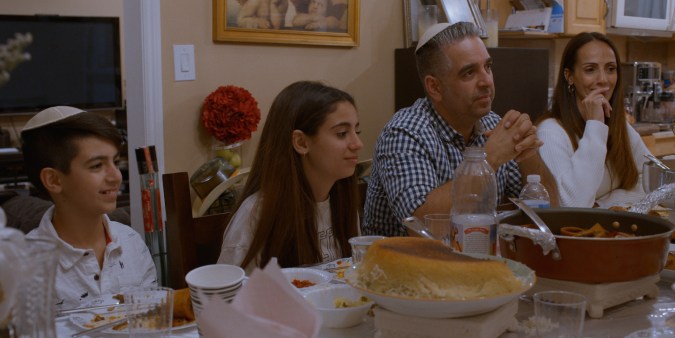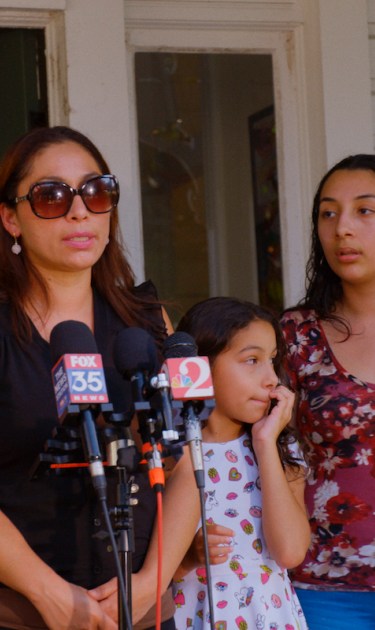Last week, a group of undocumented and formerly undocumented filmmakers penned an open letter to the producers of the Netflix documentary series Living Undocumented, which follows the lives of eight immigrant families living in the United States who are facing deportation.
The group, which officially formed earlier this year after networking and connecting with directors across the country for than 12 months, calls itself the Undocumented Filmmakers Collective. Their mission is to reach out to the media and entertainment industries and demand that when projects on the lives of undocumented immigrants are in preproduction, studio heads and producers hire undocumented filmmakers and media-makers as the storytellers who can best present these type of narratives.
“Rarely … do we get called on as equal collaborators in such projects,” reads the letter, which was published on Medium on December 6. “If anything, the media industry has systemically excluded undocumented media-makers from pursing our craft by disqualifying us from resources and opportunities due to our status.”
The Undocumented Filmmakers Collective, which has grown to about 20 members so far, points to Living Undocumented as one of the most recent examples of “the inequity at play when it comes to telling the stories of undocumented immigrants in this country.” When Netflix producers reached out to undocumented Filipino filmmaker Set Hernandez Rongkilyo in July 2018, it was because he was working for an immigrants’ rights organization in California. Producers were hoping he could help them identify undocumented families for their new series.

The open letter from the Undocumented Filmmakers Collective includes messages between Rongkilyo and a Netflix producer. When Rongkilyo asked if Netflix is planning on hiring an undocumented filmmaker for the series, the producer wrote, “I don’t think that is an option for this project.”
It’s a typical response Rongkilyo has heard in the past, not only for filmmaking jobs, but also when he has applied for filmmaking grants.
“There is always this restriction on grants because of citizenship and residency,” Rongkilyo told Remezlca. “As undocumented filmmakers, even if we’re talking about stories from our communities, we are automatically excluded.”
This exclusion is one of the main reasons the Collective started. Filmmaker Rahi Hasan, who is originally from Bangladesh, has seen many of her fellow creatives pushed to the side and not afforded the same opportunities as other filmmakers.
“There is a community of us out there in the filmmaking industry that have similar struggles,” Hasan told Remezcla. “As we continued to share our struggles, we decided that we needed to formally organize.”
Rongkilyo and Hasan add that the work the Collective is doing is “building on the legacy” of other undocumented filmmakers and media makers who have come before — like artist Julio Salgado and filmmakers like Nancy Meza and Tam Tran.
“I assume that folks who are telling positive stories about a certain community are doing it because they want to support that community,” Hasan said. “But if their intention is to be in solidarity with the undocumented community, then I think it’s important that they consider having us tell our own stories.”




